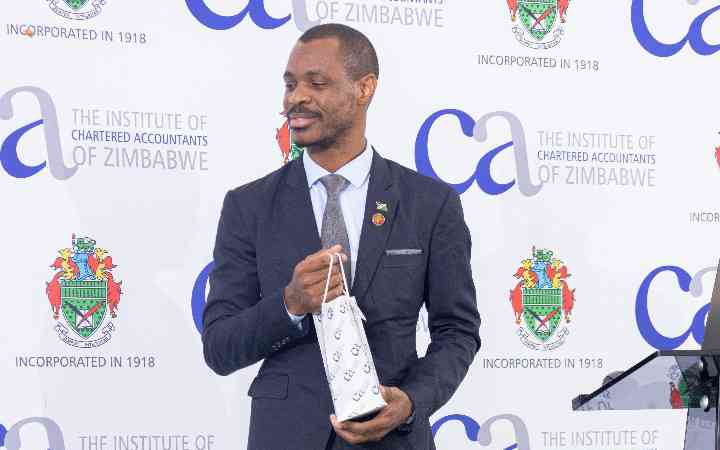
THE City of Windhoek chief executive officer Moses Matyayi has called for a radical overhaul of service delivery in the country by looking into alternate models that would provide cost-effective services.
Speaking to delegates yesterday at the Local Authorities Convention organised by the Institute of Chartered Accountants of Zimbabwe (Icaz) in Masvingo, Matyayi advised local authorities to focus on infrastructure development by taking strong action.
“A radical transformation of the service delivery by local authorities is driven by initiating robust programmes,” he noted.
“The programmes initiated by local authorities to accelerate service delivery should yield positive results and bring impact to service delivery.
“To ensure above-and-beyond-service delivery, the local authorities should continuously explore other alternative models to deliver value-for-money services to its residents.”
He said the World Bank Urban Development Overview report in 2023 reported that 50% of the global population currently lives in urban areas and has forecast that by 2045, the urban population across the globe will increase.
Equally, according to the new UN report by the United Nations Department of Economic and Social Affairs, 2,5 billion people will be living in cities by 2050.
Matyayi also noted that urbanisation was inevitable, adding that there is a need for responsive strategy in addressing infrastructure development, optimised systems, and responsive procedures and policies.
- Focus on infrastructure development, cities urged
Keep Reading
“This trend denotes that urbanisation is inevitable. The growth trend must be accompanied by a commensurate level of adaptive leadership, and professionalism, within the excellence to provide the desired impact-based outcome,” he said.
“This calls for a rapid, yet responsive strategy in addressing the needs most probable of infrastructure development, optimised systems, and responsive procedures and policies.”
Matyayi implored the implementation of innovative ideas to simplify the billing system, noting that the City of Windhoek has empowered citizens through the SMS reading system, which encourages accuracy and transparency in billing.
“This self-service option promotes accuracy and transparency. It reduces discrepancies and eliminates disputes on actual consumption versus billed consumption. It also gives customers the feeling of being more involved and in control of their usage.”
He said the City of Windhoek has decentralised the billing system by creating three billing cycles that have helped in decongesting the cash halls during cut dates.
Icaz president Manyara Chigunduru said the organisation was set to collaborate with the government to improve service delivery in the country by 2025.
“Icaz aims to collaborate with the government of Zimbabwe to support the modernisation and functionality of the local authorities sector, ultimately improving service delivery,” she said.
“Through various programmes installed, Icaz seeks to cultivate local authorities that are competent, innovative, impactful, effective, and focused on delivering results.”
She added that the collaboration aims to improve financial reporting in local authorities to improve accountability, transparency, and equality of decision-making.
“We are clear that the government of Zimbabwe’s plan to reach us in the year 2025 will go a long way in achieving these goals. We believe that our professional programme is adequately tailored to equip the members with the requisite skills and competencies to meet the government’s aforementioned objectives.”






